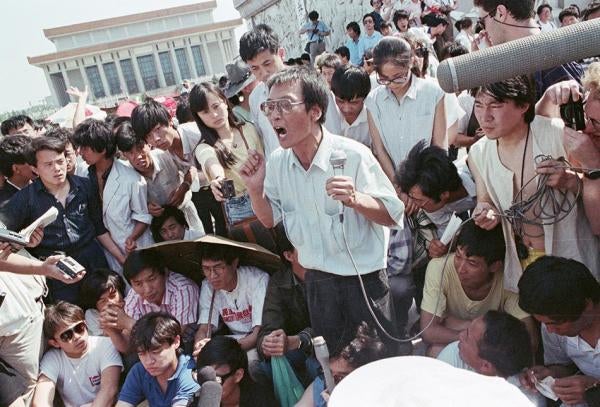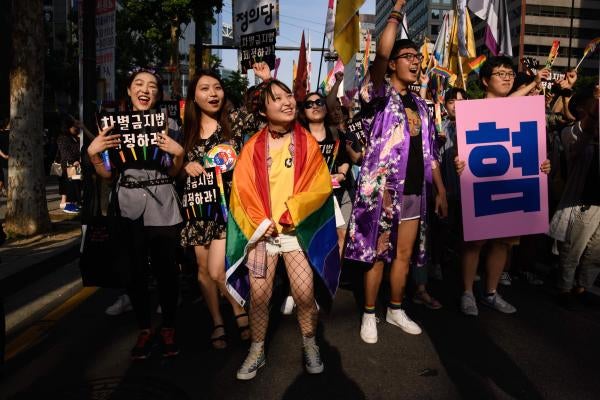Alice Autin is filling in for Andrew in today's Daily Brief.
On Sunday, for the 34th time, the world will commemorate the Tiananmen massacre. On that day, Chinese soldiers fired upon and killed untold numbers of peaceful protesters and bystanders.
And, for the 34th time, the Chinese government is making every effort to enforce silence on the Chinese people.
Back in 1989, the government responded to the peaceful gatherings calling for freedom of expression, accountability, and an end to corruption with bullets, a nationwide crackdown, and thousands of arrests. To this day, the crackdown continues.
Just like previous years, leading up to the commemoration, activists organizing to honor the event in China have been detained, put on trial, sentenced, and disappeared. Art pieces and books referring to the event have been removed from public spaces.
While the rest of the world marks the anniversary of the massacre, Chinese activists like the Tiananmen Mothers call for “truth, compensation and accountability”. But three decades on, there has not been any process for accountability or redress.
That has consequences to this day: the lack of justice has emboldened the Chinese government’s abuses, including the arbitrary detention of millions, severe censorship and surveillance, and efforts to undermine rights internationally.
But, in the country, suppressing the truth has fueled demands for justice and accountability - especially among young people. In late 2022, thousands of people across the country took to the streets to protest the government’s draconian Covid-19 measures and the Chinese Communist Party’s authoritarian rule.
As Maya Wang, HRW’s Asia associate director puts it, the White Paper protests show that “34 years on, dreams for democracy and freedom live on”.
No matter how hard it may try, the Chinese government won’t be able to erase the memory of the Tiananmen tragedy for the Chinese people.













